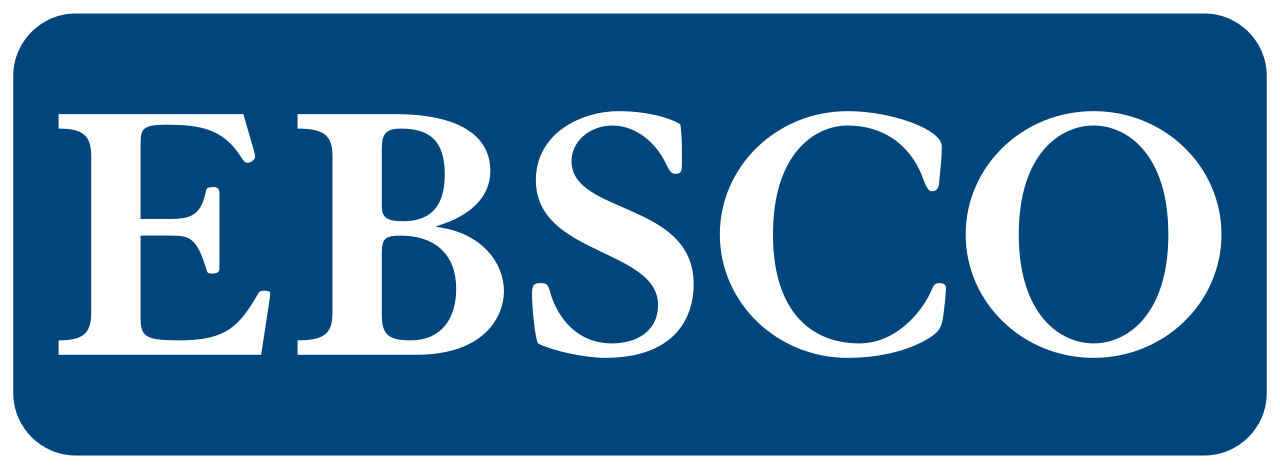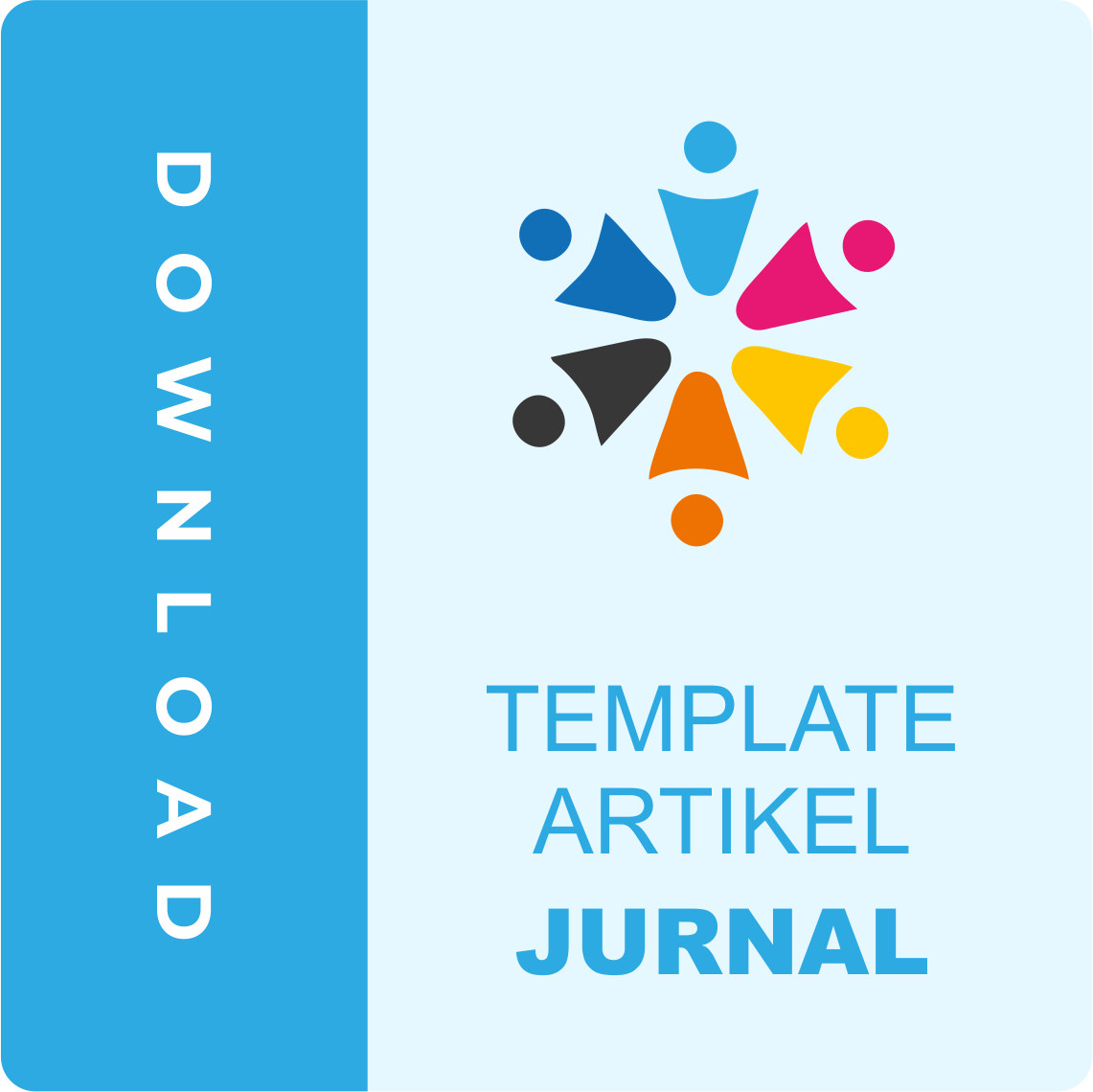Audit Committee as a Moderation Variable of Fraud Triangle Effect on Fraudulent Statement
DOI:
https://doi.org/10.58631/injurity.v3i3.191Keywords:
fraud triangle, fraudulent statement, audit committee, stability, opportunity, rationalizationAbstract
One of the indicators of a company's achievement is the presentation of financial reports. It becomes a problem that is detrimental to the state and the company itself while the company modifies its financial reports to attract investors. This research is aimed at exploring the relationship between fraud triangle theory (stimulus/stability, opportunity, rationalization) which influences financial report fraud (f-score) with audit committee moderation variables which are still inconsistent, as well as reminding investors to be more careful in investing funds. Additionally, it aims to caution investors to be more careful in investing their funds. A total of 165 manufacturing sector companies listed on the Indonesia Stock Exchange in the 2019-2022 research period were used as the population and sample data was obtained using a purposive sampling technique of 52 units (208 observation data) in this research. The research data analysis method is processed in the SmartPLS application in processing sample data. Testing the validity of the research model was carried out using convergent validity & discriminant validity and research hypothesis testing was used by bootstrapping. The research results showed that only the stimulus/stability variable had significant implications for fraudulent statements. However, the opportunity and rationalization variables have no influence and are not significant. Then the audit committee as a moderating variable succeeded in strengthening the influence of opportunity on fraudulent statements. Meanwhile, the audit committee has not been able to strengthen or weaken the relationship between stimulus/stability and rationalization variables in the tendency for fraudulent financial statements to occur.
Downloads
Published
Issue
Section
License
Copyright (c) 2024 Ahmad Al Ghiffari, Abdul Muhshi Atilla, Abdul Haris

This work is licensed under a Creative Commons Attribution-ShareAlike 4.0 International License.






